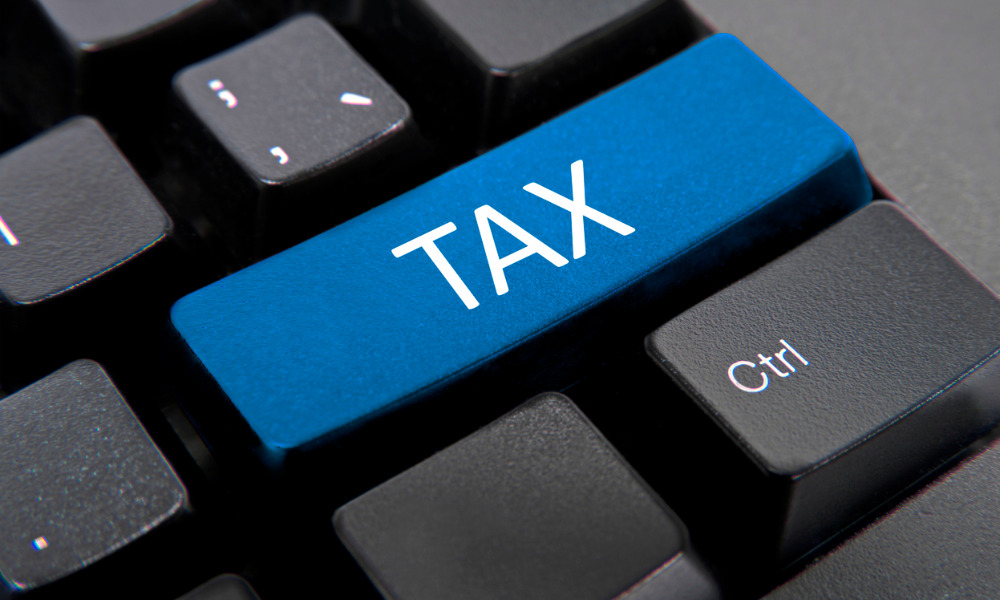Streaming and e-commerce costs set to go up for consumers as Ottawa takes on tech behemoths

Canadians that have gotten used to gorging on digital entertainment should expect to pay more for those services starting July next year.
In the recent fall economic update, Finance Minister Chrystia Freeland said the federal government would enact a tax on digital services businesses, which have seen increased usage and revenue amid lockdowns necessitated by the COVID-19 pandemic crisis.
Ottawa expects the plan, which would have multinational tech firms collecting GST or HST on digital products and services, would lead to revenues of up to $1.2 billion over the next five years. That would include services like Netflix, Amazon Prime, and Spotify.
“Canada will act unilaterally, if necessary, to apply a tax on large multinational digital corporations, so they pay their fair share just like any other company operating in Canada,” the minister said during the update.
The likely upshot, according to KPMG tax partner Joe Micallef, is that Canadian consumers will end up paying the tax collected by foreign multinationals for the government.
“Right now, the way in which they’re delivering their services, they’re not responsible for the collection,” Micallef told Global News. “And so, effectively, it would mean that these charges would be appearing on [their] invoices.”
Determining the impact should be straightforward for those with a streaming subscription, as the tax rate would simply be applied to the monthly fee. Other types of digital services could present more complicated math exercises; mobile games may come free, for example, but could offer players the chance to advance quickly or otherwise customize their experiences with in-game purchases.
Console gamers using the PlayStation, should also expect to pay more for their digital game purchases starting next year. As explained on wccftech.com, Canadians buying from the PlayStation Store have been able to avoid sales tax because Sony, the company that owns the business, has no physical presence in the country; players using the Xbox and Nintendo Switch have been paying those taxes already, since both Microsoft and Nintendo have a physical footprint in Canada.
Purchases on the PlayStation network, as well as those within so-called “freemium” mobile games, tend to be ad hoc and less predictable. So estimating how much additional expense players on those platforms will be paying in tax – which could be substantial, depending on how addictive a game is – will be difficult.
“How many times? How many transactions? It adds up,” Micallef told Global News.



